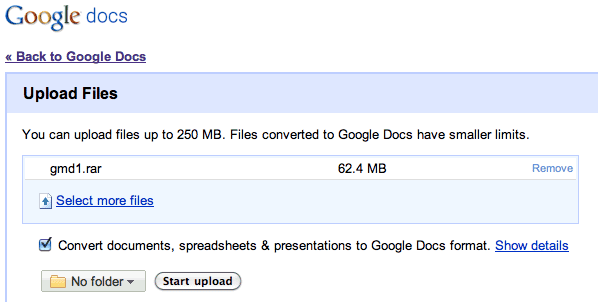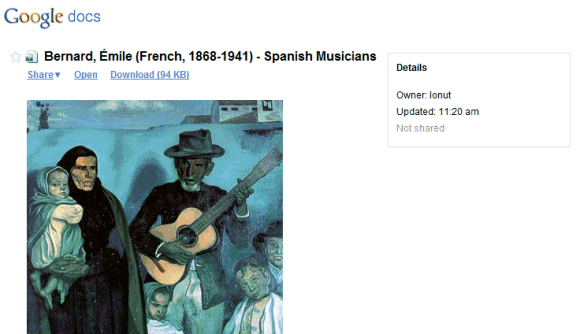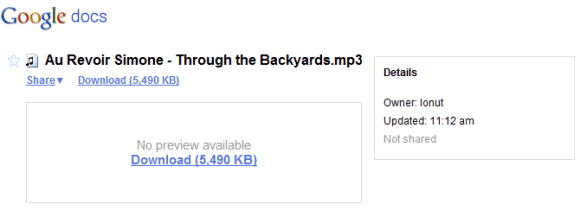In mid-December, we detected a highly sophisticated and targeted attack on our corporate infrastructure originating from China that resulted in the theft of intellectual property from Google. (...) We have evidence to suggest that a primary goal of the attackers was accessing the Gmail accounts of Chinese human rights activists. Based on our investigation to date we believe their attack did not achieve that objective. (...) As part of this investigation but independent of the attack on Google, we have discovered that the accounts of dozens of U.S.-, China- and Europe-based Gmail users who are advocates of human rights in China appear to have been routinely accessed by third parties. These accounts have not been accessed through any security breach at Google, but most likely via phishing scams or malware placed on the users' computers.
These attacks and the surveillance they have uncovered--combined with the attempts over the past year to further limit free speech on the web--have led us to conclude that we should review the feasibility of our business operations in China. We have decided we are no longer willing to continue censoring our results on Google.cn, and so over the next few weeks we will be discussing with the Chinese government the basis on which we could operate an unfiltered search engine within the law, if at all. We recognize that this may well mean having to shut down Google.cn, and potentially our offices in China.

In 2006, Google admitted that censoring search results in China compromises its mission, but failing to offer a service to a fifth of the world's population seemed to be a worse idea. "We ultimately reached our decision by asking ourselves which course would most effectively further Google's mission to organize the world's information and make it universally useful and accessible. Or, put simply: how can we provide the greatest access to information to the greatest number of people?"
In four years, Google's Chinese search engine doubled its market share and launched many local services, including a music search engine and a Pinyin input method.
"According to three different sources close to Baidu, the Chinese company had never felt the real pressure from Google until the end of 2008, when Baidu found that the workload of its manual optimization of irrelevant search results was exploding. Apart from improved quality of its products, Google's gain in market share was also the result of the search boxes in more and more associated sites," reported Michael Liang Zhang and Yan Luo.
In September 2009, Kai-Fu Lee, president of Google China, resigned and left Google. "In announcing Mr. Lee's departure, Google said it was nearly doubling the size of its sales force in China in response to strong growth."
"Last year, the state-owned national broadcaster CCTV's primetime news programme accused Google of spreading pornography, and a senior police official made a speech warning of "hostile forces" on the internet and vowing to stop the spread of dissenting political views online. The last year has also seen interference by China internet censors – often called the Great Firewall, or GFW – in Google services not hosted on Chinese servers, such as Google Docs and Gmail," reports The Guardian.
After four years of growth, Google's decision to stop censoring search results and to consider closing its offices from China seems strange. Google compromised its principles to improve the access to information in China, but failed to make some significant progress. Closing google.cn is a blow to the Chinese government, but it won't influence the freedom of speech and information in China.
Tom Krazit offers a plausible explanation: "Google has justified its presence in China as part of its lofty mission; this is a company that really does think it's engaged in business to better the world. But doing business in China while maintaining the moral high ground could well be more difficult than digitizing all the world's information."





